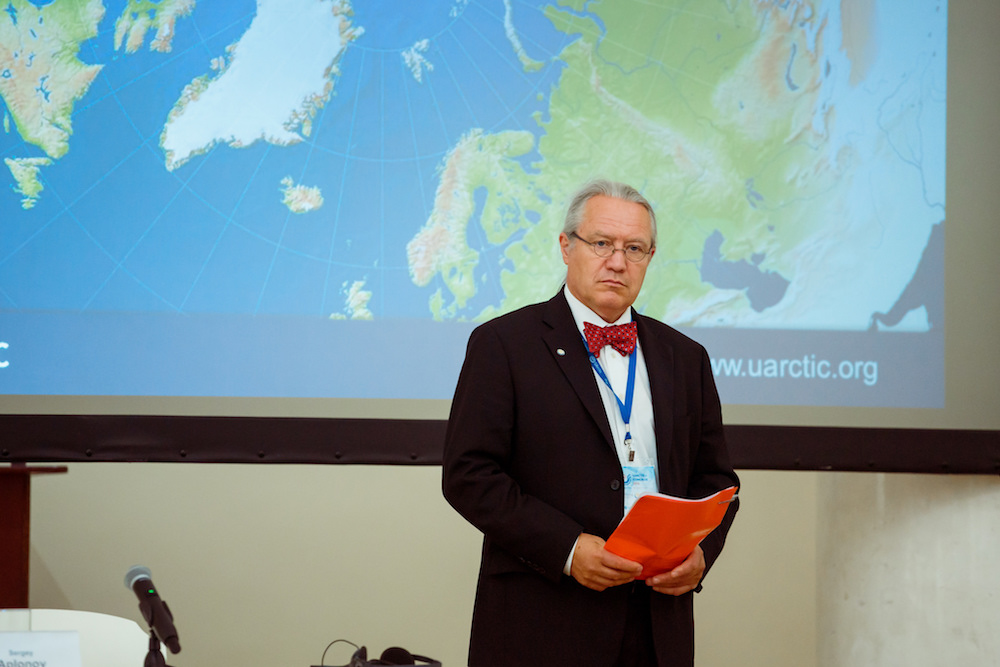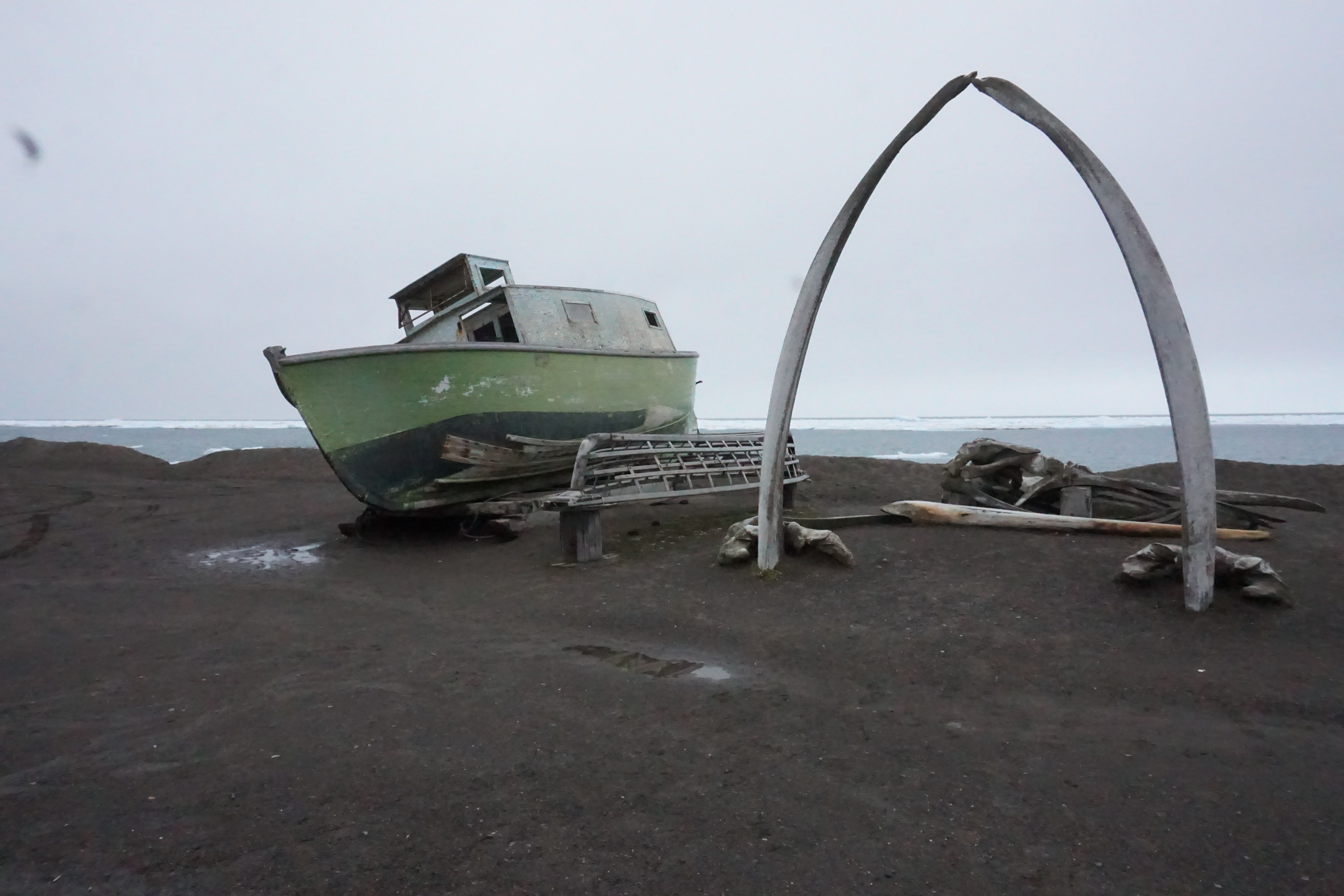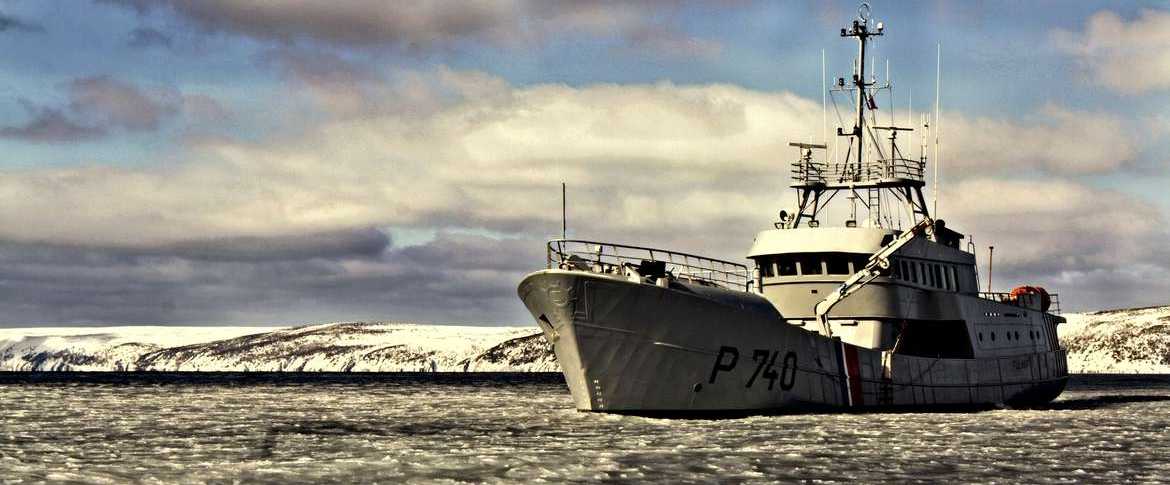The Week Ahead: Progress through education
Academics gather in Finland for the second University of the Arctic congress.

If you are looking to find the campus of the University of the Arctic (UArctic), your search will be in vain. With more than 200 member institutions, the closest the university collaborative has to a main address is its secretariat, in Rovaniemi, Finland. In the coming week, however, Oulu, also in Finland, will become the temporary home for the 600 or so academics gathering for the second UArctic Congress.
As with the inaugural congress, in St. Petersburg, Russia, in 2016, the point of the meeting is to gather representatives from academia, research institutes, NGOs and others looking to further learning in and about the region in a single space. Like all such gatherings, exchanging knowledge is the marquee event. Networking gets second billing, but, for many of those showing up, what happens outside the congress hall is where the real action is.
For Finland, hosting the UArctic secretariat is more than just window dressing for Helsinki’s interest in Arctic research; like other Nordic countries, it sees research as vital to the decision-making process in the public and private sectors. “If you don’t have facts to base your position on, you cannot defend it,” one participant says.
[Education should be cornerstone of Arctic policy, says Canadian report]
This event, in particular though, will offer attendees the chance to see their research have an influence on the shape of Arctic policies. Finland leads the Arctic Council until next spring, and the coincidence has made it possible to co-ordinate the congress with its chairmanship program, placing its four themes — environmental protection, connectivity, meteorological co-operation and education — as well as overarching issues like UN’s sustainable-development goals and climate change, high on the agenda.
The buzzword at the congress, running from September 3 to 7, will be “the empowered North,” a UArctic slogan that is meant to remind members of the goal of improving the lives of the the four million people who live in the Arctic by improving their educational options.
“We see education as the essential element in building a sustainable future for Northerners, strengthening their ability to determine their own futures and develop new knowledge that benefits both the North and the world,” a draft of the congress’s declaration, a 12-point plan for furthering the UArctic’s goals, states.
There is more than one way to put Arctic education on the map.

Also his week, the International Whaling Commission gathers in Brazil for its biennial meeting.
Most of the work of IWC centers on measures to help whales return from the brink of extinction. As such, the organization’s most important act was the 1986 ban on commercial whaling, enacted after centuries of commercial hunting had nearly wiped out a number of species.
Another important part of its work is the regulation of “aboriginal subsistence whaling,” a scheme it set up 1981. Four groups — the Inuit in Greenland, Alaska Natives, Russia’s Chukchi and the indigenous residents of Bequia, in the Caribbean (Canada dropped out of the IWC in 1982) — are permitted to hunt whales, if they have a “cultural, subsistence and nutritional need.”
If hunting is permitted, it is for non-commercial purposes, and the catch must be consumed locally. For this reason, the IWC keeps its decisions about aboriginal and commercial hunting separate. As with its main forum, though, the IWC Aboriginal Subsistence Whaling Sub-committee concerns itself with the status of whale populations, and the catch quotas it issues must be reviewed on a regular basis.
When the quotas come up for review during the current meeting, the IWC will make its decision based on the aim of the aboriginal subsistence whaling management program: keeping stocks robust enough to allow indigenous groups to hunt sufficient numbers of whales “in perpetuity.”
In order to consume whales, they must conserve them.

And, in Greenland, a French naval vessel and air-force plane will take part in Denmark’s annual Arctic search-and-rescue exercise.
Previous French participation in the exercise, in 2012 — involving the same vessel, the Fulmar — sought to give participants the chance to try their hand at responding to maritime distress calls in Arctic waters at time of increasing activity near Saint-Pierre and Miquelon, a French North Atlantic territory that is seeking to become an Arctic shipping hub. Since then, traffic in northern waters, and concern about its safety, has increased.
The French involvement a second time shows Paris is aware of the growing need to be prepared. That the participation was announced after an official visit to Denmark (immediately followed by Finland) by Emmanuel Macron, the French president, last week, suggests that while the region may be out of sight from Paris, it is not totally out of mind.
The Week Ahead is a preview of some of the events related to the region that will be in the news in the coming week. If you have a topic you think ought to be profiled in a coming week, please email ne**@ar*********.com.